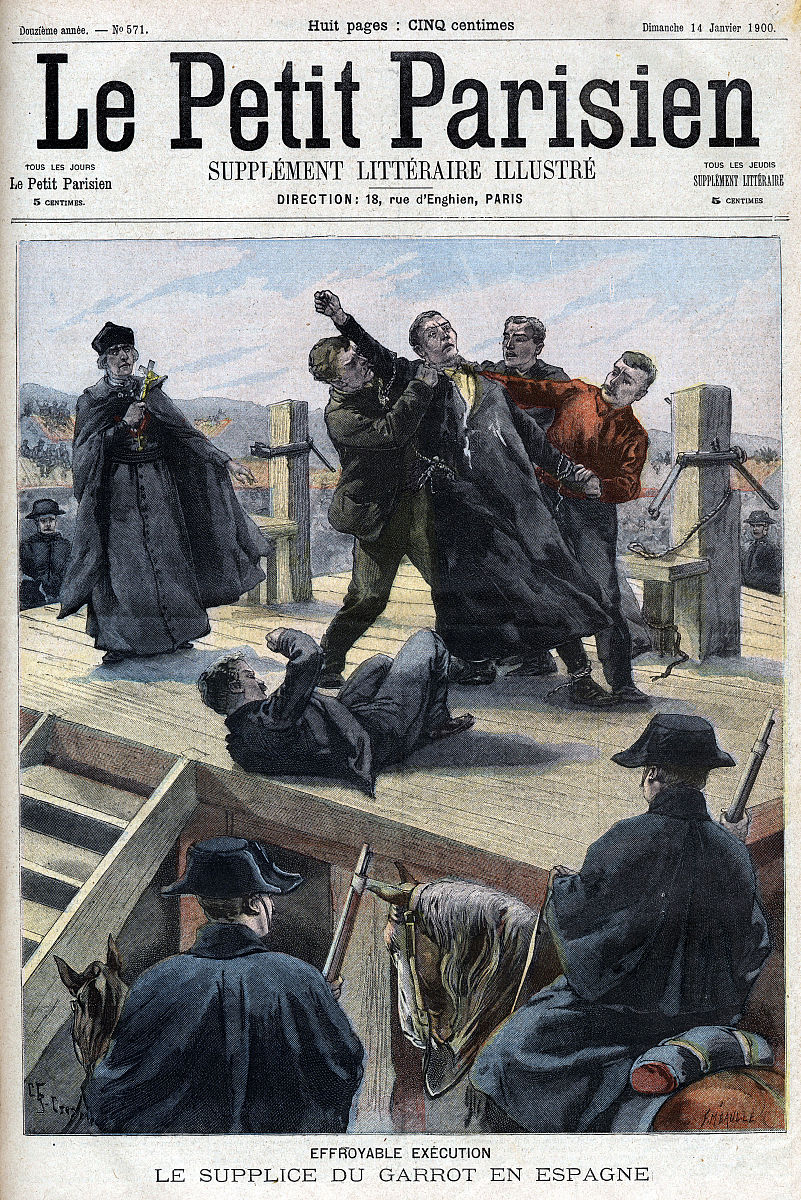Write an essay of about 1500 words including one introduction and three body paragraphs and expand the topic on conclusion on the topic of Between Macartney’s Mission and the First Opium War official
Introduction
The relationship between China and Britain has been of great significance in the history of both countries. However, the period between Macartney’s mission and the First Opium War is marked by a shift in official British attitudes towards Chinese laws, society, and commerce. During this period, the British moved from a position of respect towards the Chinese to one of disdain. This essay discusses the factors that led to this shift in attitudes and its impact on the relationship between China and Britain.
Body Paragraph 1: Macartney’s Mission
In 1792, George Macartney, a British diplomat, was sent on a mission to China to establish trade relations and negotiate a more favorable trade agreement. This was the first official British mission to China, and it marked the beginning of diplomatic relations between the two countries. Macartney’s mission was a failure in terms of achieving its objectives, but it did provide the British with an opportunity to learn more about Chinese society and culture.
One of the key factors that influenced British attitudes towards the Chinese during this period was the perception of China as a civilized and advanced society. British diplomats like Macartney were impressed by the sophistication of Chinese society, including its literature, art, and architecture. There was a sense of admiration for China’s long history and its achievements in areas such as agriculture, medicine, and technology.
Another factor that shaped British attitudes towards China during this period was the emphasis on trade and commerce. The British were eager to establish trade relations with China and saw it as an opportunity to expand their markets and increase their profits. There was a belief that China was a wealthy and prosperous country, and that British trade could help to further enrich it.
Body Paragraph 2: The Opium Trade
The Opium War of 1839-1842 marked a turning point in the relationship between China and Britain. The war was fought over the issue of the opium trade, which had become a major source of conflict between the two countries. The British had been importing opium into China for many years, despite the fact that it was illegal in China. The Chinese authorities had tried to crack down on the opium trade, but their efforts were largely ineffective.
The opium trade was a major factor in the shift in British attitudes towards China during this period. British merchants and traders saw the opium trade as a lucrative opportunity, and they were resentful of Chinese attempts to restrict it. There was a growing sense of British superiority over the Chinese, and a belief that China was a backward and uncivilized country that needed to be brought into line.
The Opium War itself was a brutal and one-sided affair, with the British using their superior military technology to defeat the Chinese forces. The war marked the beginning of a period of humiliation for China, as it was forced to sign a series of unequal treaties that gave the British control over its economy and territory. The opium trade continued to flourish, and the British became increasingly aggressive in their pursuit of profits in China.
Body Paragraph 3: The Taiping Rebellion and the Boxer Rebellion
The Taiping Rebellion of 1850-1864 and the Boxer Rebellion of 1899-1901 were two major uprisings in China that were sparked by a combination of economic, political, and social factors. Both rebellions were directed against foreign powers, including the British, and were fueled in part by Chinese resentment of foreign influence and exploitation.
The Taiping Rebellion was a particularly significant event in terms of British attitudes towards China. The rebellion was led by a charismatic leader named Hong Xiuquan, who claimed to be the younger brother of Jesus Christ. The rebellion was marked by a brutal and bloody civil war that claimed millions of lives.
The Taiping Rebellion was seen by many British officials as evidence of the weakness and instability of Chinese society. There was a growing sense that China was a backward and primitive country that was incapable of modernizing itself. This perception was reinforced by the Boxer Rebellion, which was directed against foreigners and foreign influence in China.
Conclusion
In conclusion, the period between Macartney’s mission and the First Opium War marked a significant shift in official British attitudes towards Chinese laws, society, and commerce. The British moved from a position of respect towards the Chinese to one of disdain, driven in part by the opium trade and the use of military force to secure British interests in China. This shift in attitudes had a profound impact on the relationship between China and Britain, and contributed to a period of tension and conflict that would last well into the 20th century.

原文地址: https://www.cveoy.top/t/topic/OMm 著作权归作者所有。请勿转载和采集!